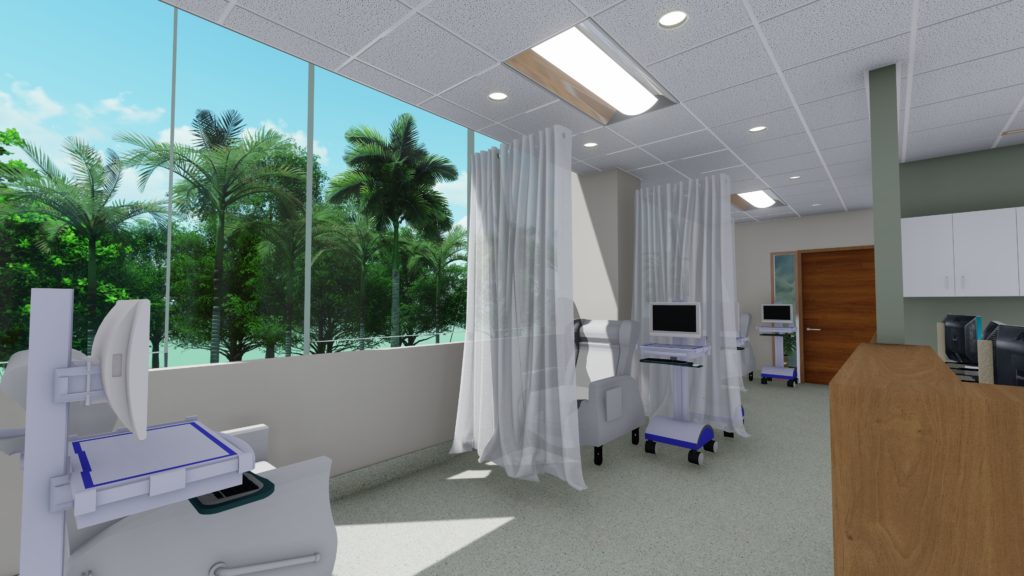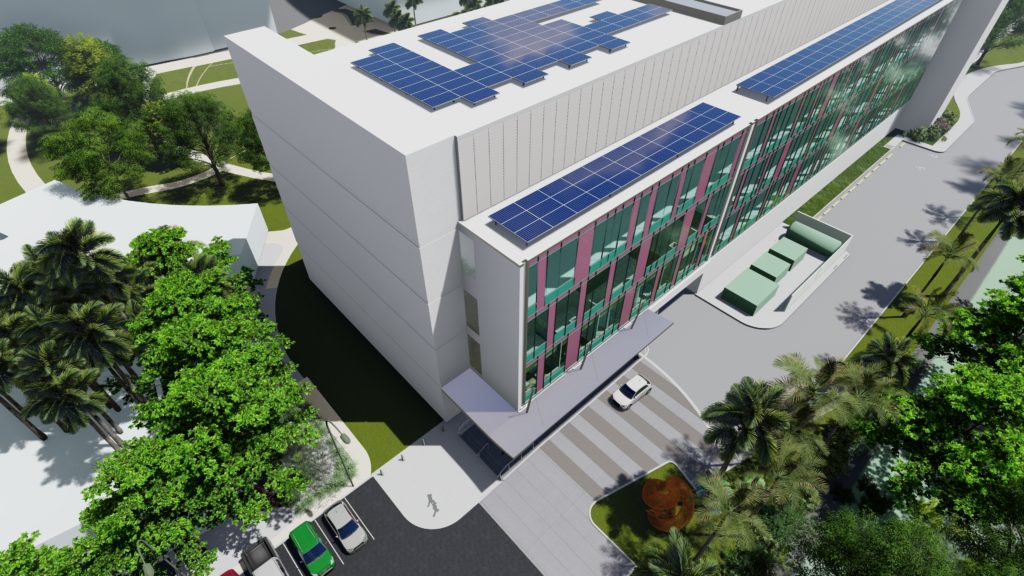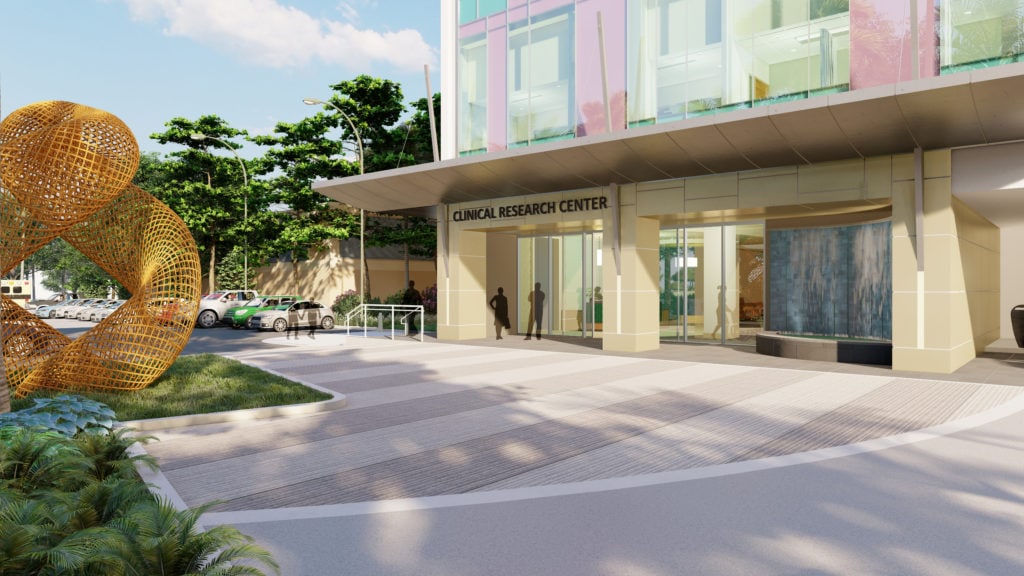When a cancer patient living in Hawai‘i requires specialized treatments for the disease, more often than not, it means traveling to the continental U.S. to receive it. In addition to enduring a long flight and dealing with the expenses associated with travel, patients are often separated from their families and home for extended periods, leading to unwanted anxiety and additional stress during an already difficult time.
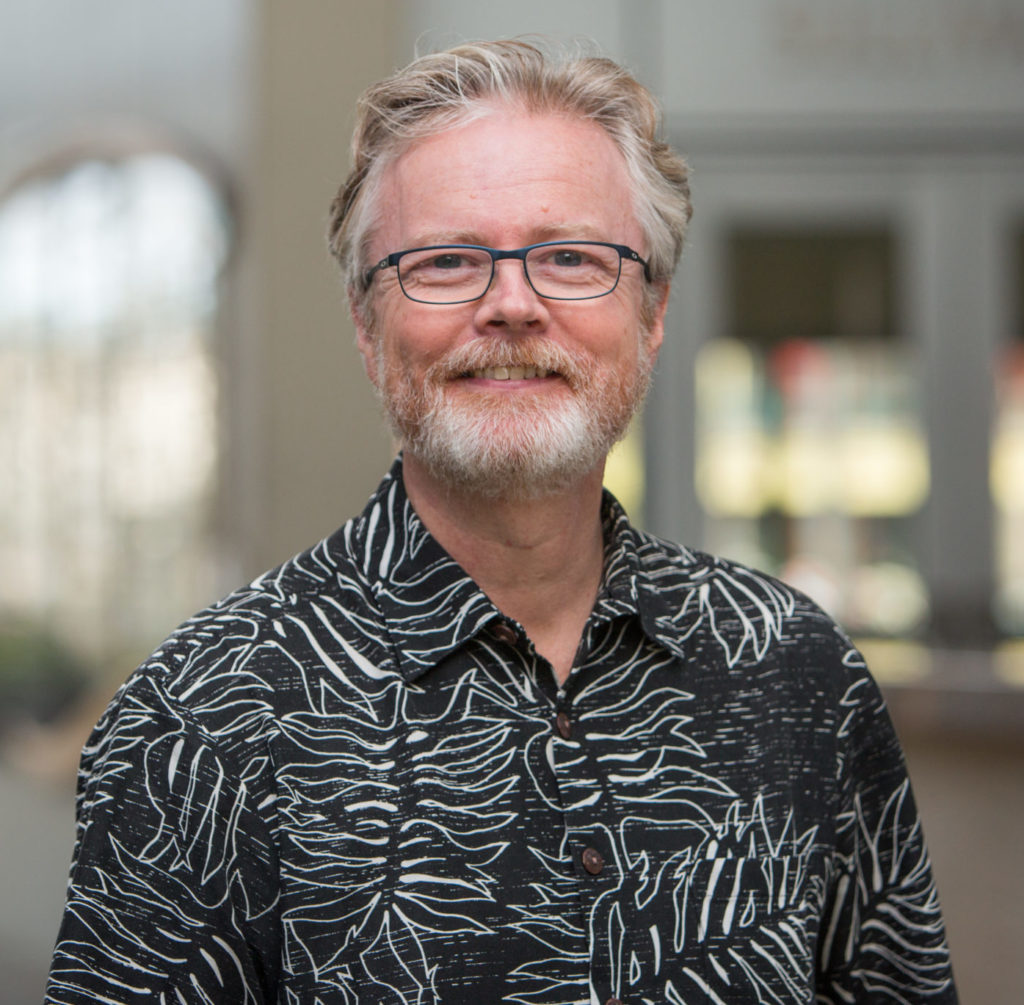
That scenario will soon be a thing of the past for many patients, as the University of Hawai‘ i Cancer Center (UH Cancer Center) will begin construction on an Early Phase Cancer Clinical Research Center (EPCRC), the first of its kind in the state, that will significantly improve patient access to experimental cancer treatments used in Phase 1 trials. These trials represent the first-in-human stage of developing new cancer treatments and are essential for patients not responding to existing therapies.
“Phase 1 trials represent the cutting edge of cancer treatments and are often considered for patients who have a particularly challenging form of cancer or when standard treatments are unsuccessful,” said UH Cancer Center Deputy Director Joe Ramos. “Approximately, 7,000 people are diagnosed with cancer each year in Hawai‘i and we estimate that our new center will serve an estimated 100 to 200 patients annually.”
The EPCRC was made possible by a $6.5 million grant match from the National Institutes of Health (NIH) and $6.5 million approved by the Hawai‘ i State Legislature. The $13 million total will be used to construct the EPCRC within 17,000 square feet of existing shell space located in the state-of-the-art UH Cancer Center in Kaka‘ako.
Program development and the recruitment of faculty, physicians, nurses and pharmacists to staff the EPCRC is being handled as a joint venture between the UH Cancer Center, University of Hawai‘i (UH) and clinical partners in the Hawai‘i Cancer Consortium—which includes Hawai‘i Pacific Health, Kuakini Medical Center, the Queen’s Medical Center, Adventist Health Castle, and Hawaiʻi Medical Service Association (HMSA).
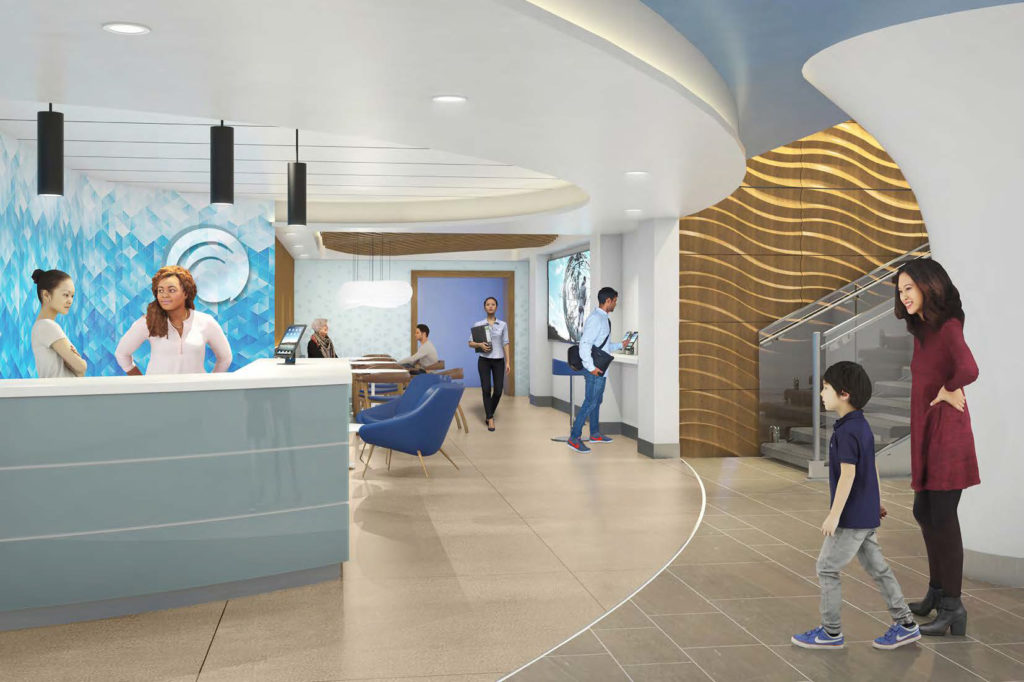
“We are extremely grateful for the tremendous support we have received from our collaborating physicians, the members of the Hawai‘i Cancer Consortium, NIH, our donors and our Legislature,” said Ramos. “I would like to especially give a call out to Senator Breene Harimoto, who was a champion of this project and unfortunately lost his battle with cancer last year.”
The EPCRC will also facilitate new avenues for basic cancer research and complement drug development already in place at the UH Cancer Center that focus on identifying anti-cancer compounds derived from natural products unique to Hawai‘i—creating an opportunity to translate basic discoveries into novel treatments for patients and further expanding the research capabilities of UH.
“We are also creating a ‘tumor organoid’ facility that will generate patient-based tumor models in the laboratory that are more representative of our unique population here in Hawai‘i, and thereby develop and test potential new treatments specifically with our population in mind,” added Ramos.
Organoids are the very latest in pre-clinical analysis of cancer and are derived from patient biopsies. A specialized technique for examining cancer cells, organoids are used to test new drug leads, to identify molecular differences that cause disparities in cancer, and to identify the specific mechanisms that drive the cancer in different patients. By having this capacity located in Hawai‘i, there will be an opportunity to improve understanding of cancer and to better treat it specifically in the diverse ethnicities in Hawai‘ i.
By expanding research capabilities and capacity, researchers who will benefit from the EPCRC include faculty and students at UH Cancer Center and John A. Burns School of Medicine, other researchers in the UH System, as well as other Hawai‘i based institutions. More importantly, the resource will also provide substantial benefit to the people of Hawai‘i, including Native Hawaiians and LGBTQ individuals, generate knowledge about the efficacy of novel agents in diverse populations, facilitate access to novel trials, and provide a resource for research on tumor-derived organoids from a racially and ethnically diverse population.
